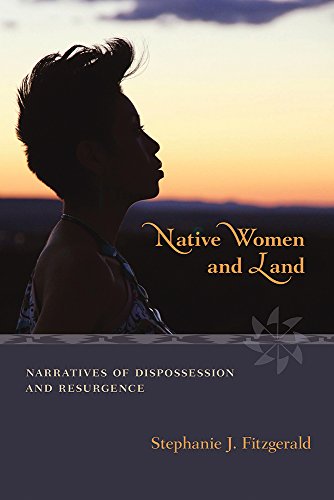

Most ebook files are in PDF format, so you can easily read them using various software such as Foxit Reader or directly on the Google Chrome browser.
Some ebook files are released by publishers in other formats such as .awz, .mobi, .epub, .fb2, etc. You may need to install specific software to read these formats on mobile/PC, such as Calibre.
Please read the tutorial at this link: https://ebookbell.com/faq
We offer FREE conversion to the popular formats you request; however, this may take some time. Therefore, right after payment, please email us, and we will try to provide the service as quickly as possible.
For some exceptional file formats or broken links (if any), please refrain from opening any disputes. Instead, email us first, and we will try to assist within a maximum of 6 hours.
EbookBell Team

4.4
32 reviews"What roles do literary and community texts and social media play in the memory, politics, and lived experience of those dispossessed?" Fitzgerald asks this question in her introduction and sets out to answer it in her study of literature and social media by (primarily) Native women who are writing about and often actively protesting against displacement caused both by forced relocation and environmental disaster. By examining a range of diverse materials, including the writings of canonical Native American writers such as Louise Erdrich, Linda Hogan, and Elizabeth Cook-Lynn, and social media sites such as YouTube and Facebook, this work brings new focus to analyzing how indigenous communities and authors relate to land, while also exploring broader connections to literary criticism, environmental history and justice, ecocriticism, feminist studies, and new media studies.